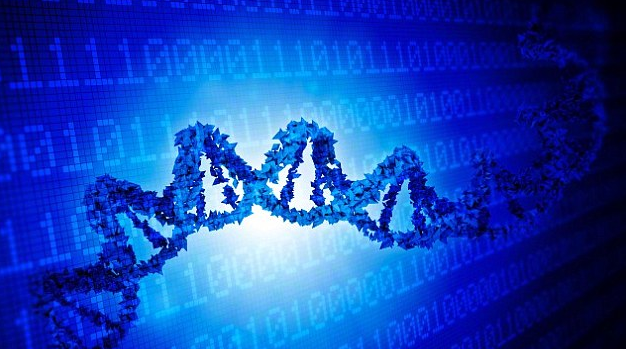
Before the dawn of computer technology exploded, several experimental psychologists had believed that the brain was just a vast unknowable black box. One possesses the ability to be able to process a subject’s behavior (ringing the door bell, dog salivates), however, the thoughts, emotions and memories were extremely obscure, known to be just outside the reach of science. The early behaviorists, in which they labeled themselves as, finally confined their research on the stimulus and responses. After dominating in their respective fields for four decades, they finally gave up on any attempts in understanding the upmost inner workings of the human mind.
Dating back to the mid-1950’s, a rebellious group of psychologists, linguists, information theorists, and even the early stages of artificial intelligence researchers, coined up a different perspective of the mind. They argued that they are not merely just gathering collections of different conditional responses, rather, they would absorb information and then proceed onto processing it. Once they had processed some information, they would then act upon it accordingly. This group also had an entire system for their writing, recalling memories and stories. This special group of individuals have operated by means of both logical and formal syntax, and in their findings, the brain was not that of a ‘Black Box.’ They had interpreted the brain as a computer.

This rather small cognitive revolution was indeed a small theory early on. However, as the computer era started gaining reputation and became that of a standard equipment in several psychology labs all over the country, this cognitive revolution experienced a much broader acceptance by others. By the late 1970’s the cognitive psychology finally succeeded in overthrowing the behaviorism. And with that, a new regime became a whole new language for discussions based upon mental life. The psychologists had also started in on describing a person’s thoughts as nothing more than a simple program. In fact, ordinary people had talked about storing their facts inside of a “Memory Bank.” Several of the large business gurus had corroded the limitations of the new theory of ‘mental bandwidth’ and the processing power in which was stored in modern workplaces.
And history has a way or repeating itself; time, and time, and time again this story became true across the world. As the new dawns of the digital frontier unfolded new technology and ideas, it would somehow infect our daily rituals. It eventually became a new standard that stepped into our language, as well as the deep basic theories that were integrated into our everyday functions.
Technology Has an Odd Way of Repeating This.
During a new enlightenment, Mr Newton and Descartes had indeed inspired several hundred people into thinking that the entire universe is nothing more than a fancy elaborate clock. And in fact, within the industrial era, it was a large machine with pistons – as Freud’s concept of the psychodynamics had been borrowed from the thermodynamics of steam engines. Now, the idea that the universe is a clock, has turned into “The Universe is a Computer.”
Code:
Code is simply logical. Code is also hack-able. Code is also known as a destiny. Those three are the central self-fulfilling prophecies of a typical life inside the realm of the digital age. While software is eating up the world in order, we have steadily increased our surroundings with specific machines that allow the human to have the ability to convert their feelings, thoughts and actions into raw and powerful data.
Raw Data is Raw; Untouched Materials for the Armies of the Code Wielding Engineers that have the Special Ability to Manipulate It.
We have created a theory that our lives are a belief ruled by nothing more than that of several series’ of instructions in which are awaiting to be discovered, optimized and exploited. Large corporations have been utilizing the power of coding machines to better understand the citizens of the world’s intimate ties. Such examples come from the largest social media CEO giant, Facebook’s Mark Zuckerberg. Zuckerberg has gone so far into this line of programming, that there are suggestions in which there may be a new fundamental – and even mathematical – order into the underlying workings of the human relationship, in which governs the fine line balance of who we are and what do we care about. And with several Self-Help books, one can understand their inner ‘Human-Computer’ form and reprogram – or hack – your own source code to improve or reconstruct your love life, typical sleeping patterns, and even your spending habits.
**Please download a PDF Version of this article for future offline reading HERE**
This article (Training your Computer Just Like Training your Dog) is a free and open source. You have permission to republish this article under a Creative Commons license with attribution to the author and AnonHQ.




